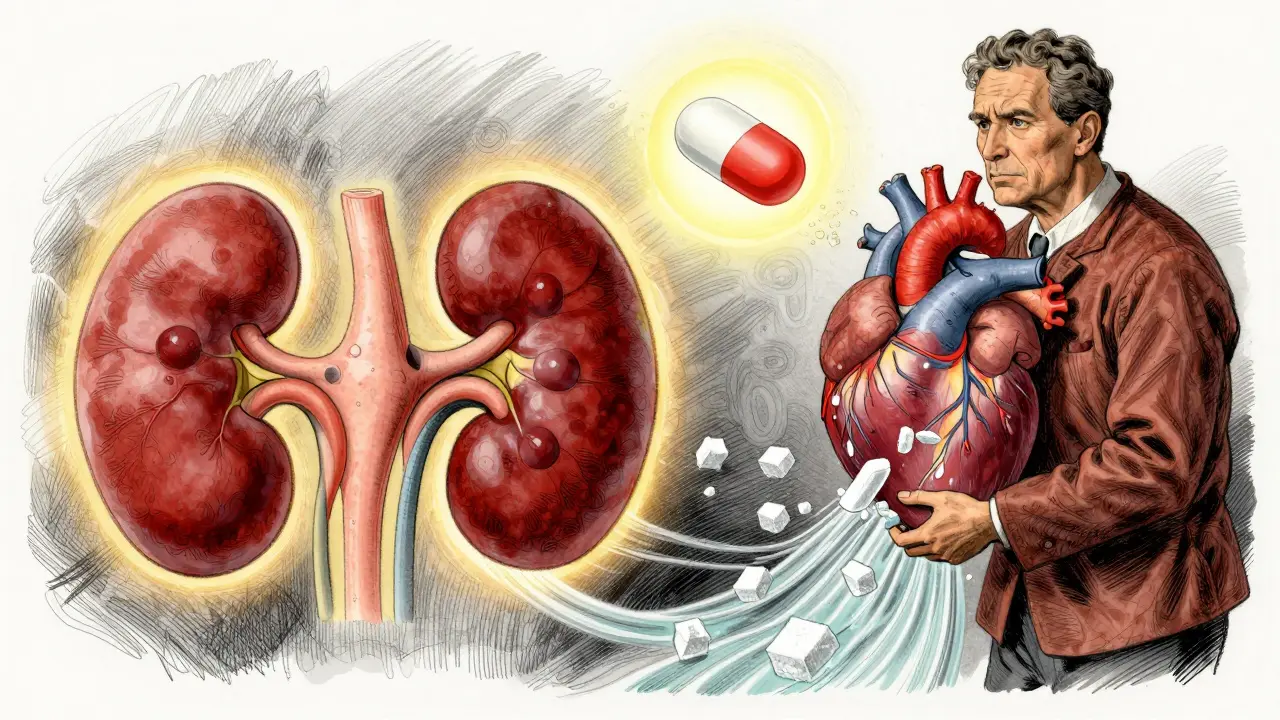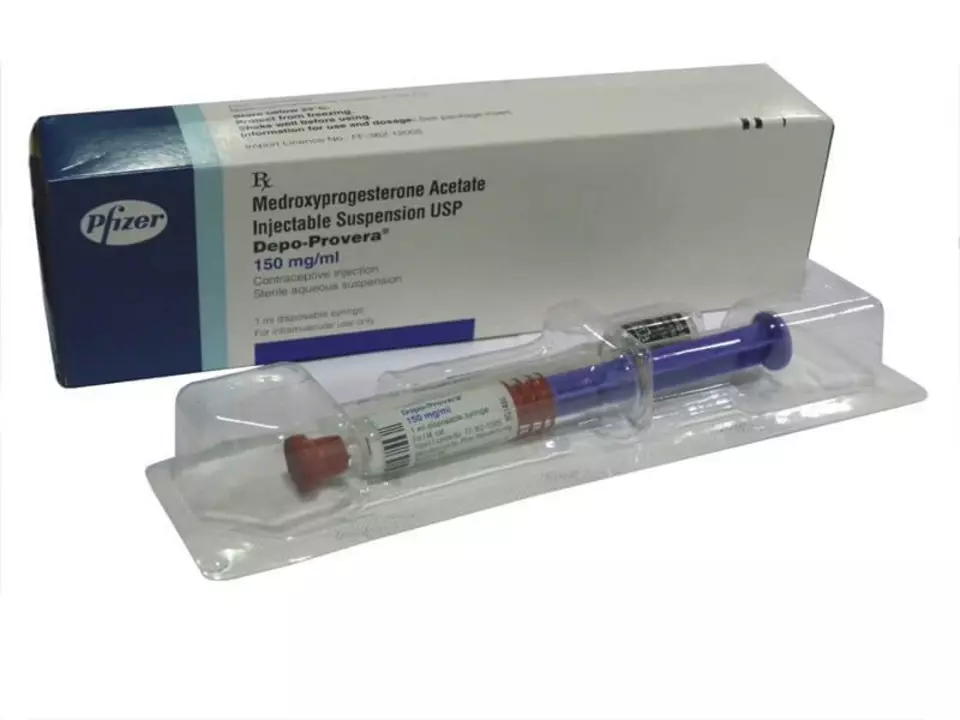Risks You Should Know About Medicines, Supplements, and Online Pharmacies
Medicine and supplement risks are real but manageable. You can reduce harm by knowing the main problems: side effects, interactions, counterfeit drugs, wrong dosages, and long-term complications. Read labels, track symptoms, and ask your doctor when something feels off. If you buy online, verify the pharmacy, check reviews, and avoid sites that promise miracle cures or no-prescription access.
Some drugs need regular monitoring. Blood thinners, heart meds, thyroid hormones, and some psychiatric drugs change lab values or interact badly with foods and alcohol. For example, levothyroxine requires steady dosing and periodic blood tests. Gemfibrozil and some heart medicines need monitoring for muscle and liver issues. If you see unusual fatigue, dark urine, or muscle pain, contact your clinician.
Side effects range from mild to dangerous. Nausea, dizziness, or a rash can be common and temporary. But allergic reactions, severe chest pain, fainting, or sudden breathing trouble need emergency care. Know the difference and keep an updated list of your medications to share with any provider. A quick checklist: recent symptoms, new drugs, over-the-counter remedies, and supplements.
Drug interactions are a top risk. Combining antidepressants, heart drugs, antibiotics, or common herbal supplements can change how drugs work. Even grapefruit juice alters levels of many meds. Ask a pharmacist before starting anything new. If your provider changes a dose, note the reason and any lab checks you should schedule.
Buying meds online adds extra risks. Fake pills, wrong ingredients, and improper storage can hurt you. Use pharmacies with clear contact info, licensed pharmacists, and secure checkout. If a site ships without a prescription when one is required, that's a red flag. Keep receipts and track lot numbers in case of recalls.
Long-term use can cause hidden harms. Opioids, some antibiotics, and steroids can lead to dependency, organ strain, or metabolic changes over time. Discuss stop dates and alternatives with your doctor. Consider non-drug methods when suitable - therapy for anxiety, physical therapy for pain, or dietary fixes for minor issues.
How to stay safer: keep an up-to-date medication list; set reminders; get regular labs when recommended; avoid mixing alcohol with meds; read the patient leaflet; and talk about supplements honestly with your provider. If something feels wrong, don't wait.
Below are articles tagged "risks" that dig into specific problems - drug-specific side effects, safe online shopping, and alternatives to risky drugs. Browse them to get practical tips for your exact situation.
When to call your doctor
Call your doctor right away for high fever, severe vomiting, yellowing skin, fast heartbeat, fainting, or sudden swelling. Also call if a new drug causes confusing mood changes, suicidal thoughts, or if routine lab results are out of range. Don't ignore steady worsening symptoms - early checks prevent bigger problems.
Tips for buying safely online
Check pharmacy licensing, look for secure URL and contact phone, read recent user reviews, and compare prices to market averages. Avoid drugs that arrive in unclear packaging. Keep copies of prescriptions and ask the pharmacy to confirm product source. When in doubt, consult a local pharmacist today.
As a blogger, I feel it's important to discuss the risks associated with medroxyprogesterone and smoking. Medroxyprogesterone, a hormonal medication, can have dangerous side effects when combined with smoking, especially for women over 35. The risk of blood clots, stroke, and heart attack significantly increases in this scenario. It's crucial for those taking medroxyprogesterone to be aware of these risks and consider quitting smoking or finding alternative forms of contraception. Ultimately, consulting with a healthcare professional is the best course of action to ensure safety and make well-informed decisions.


